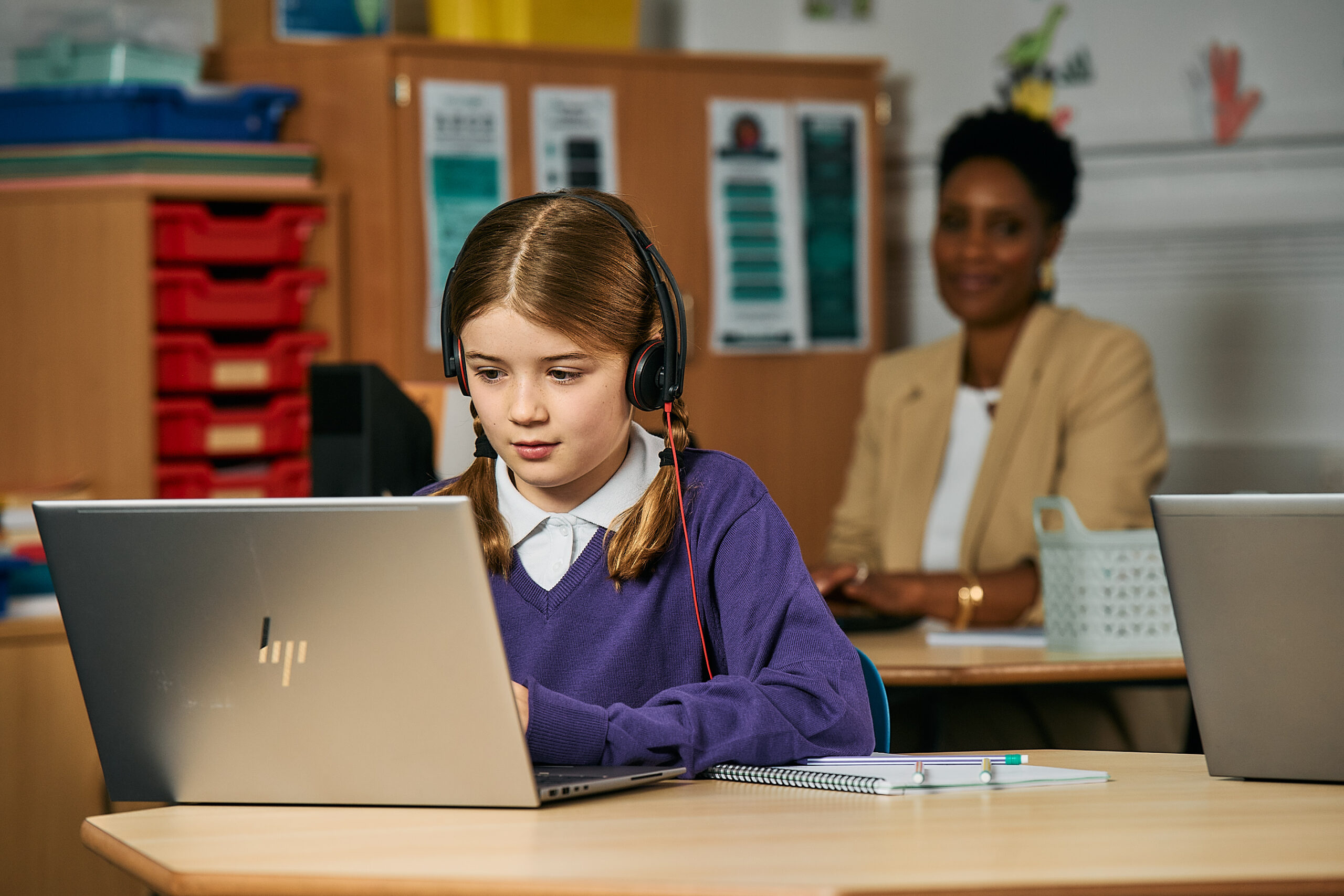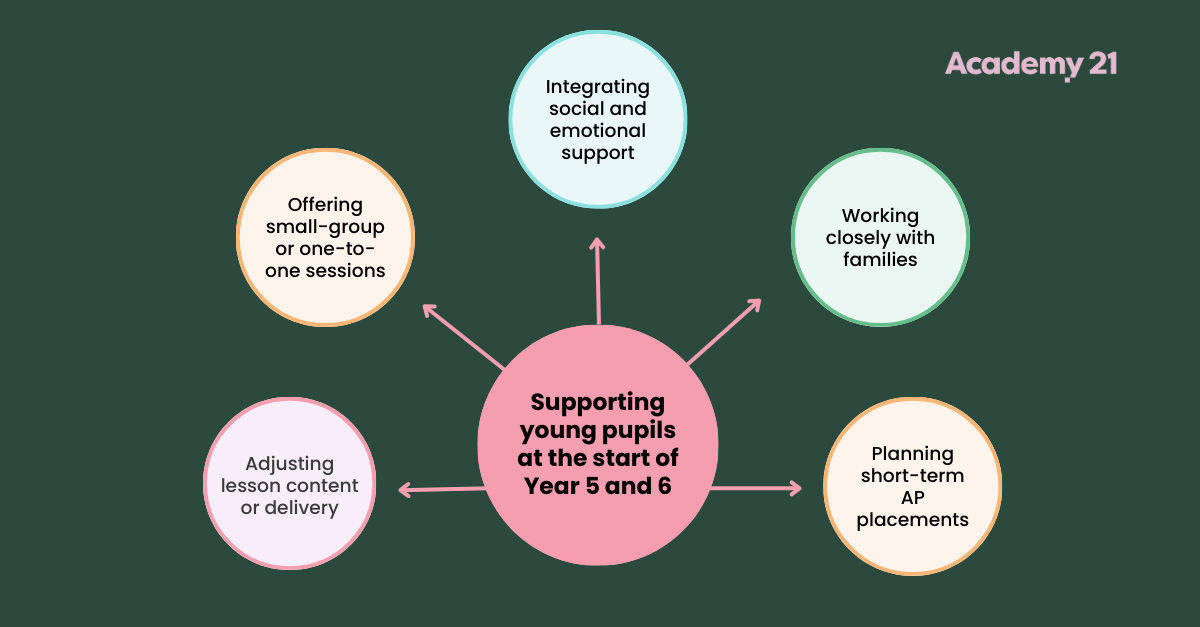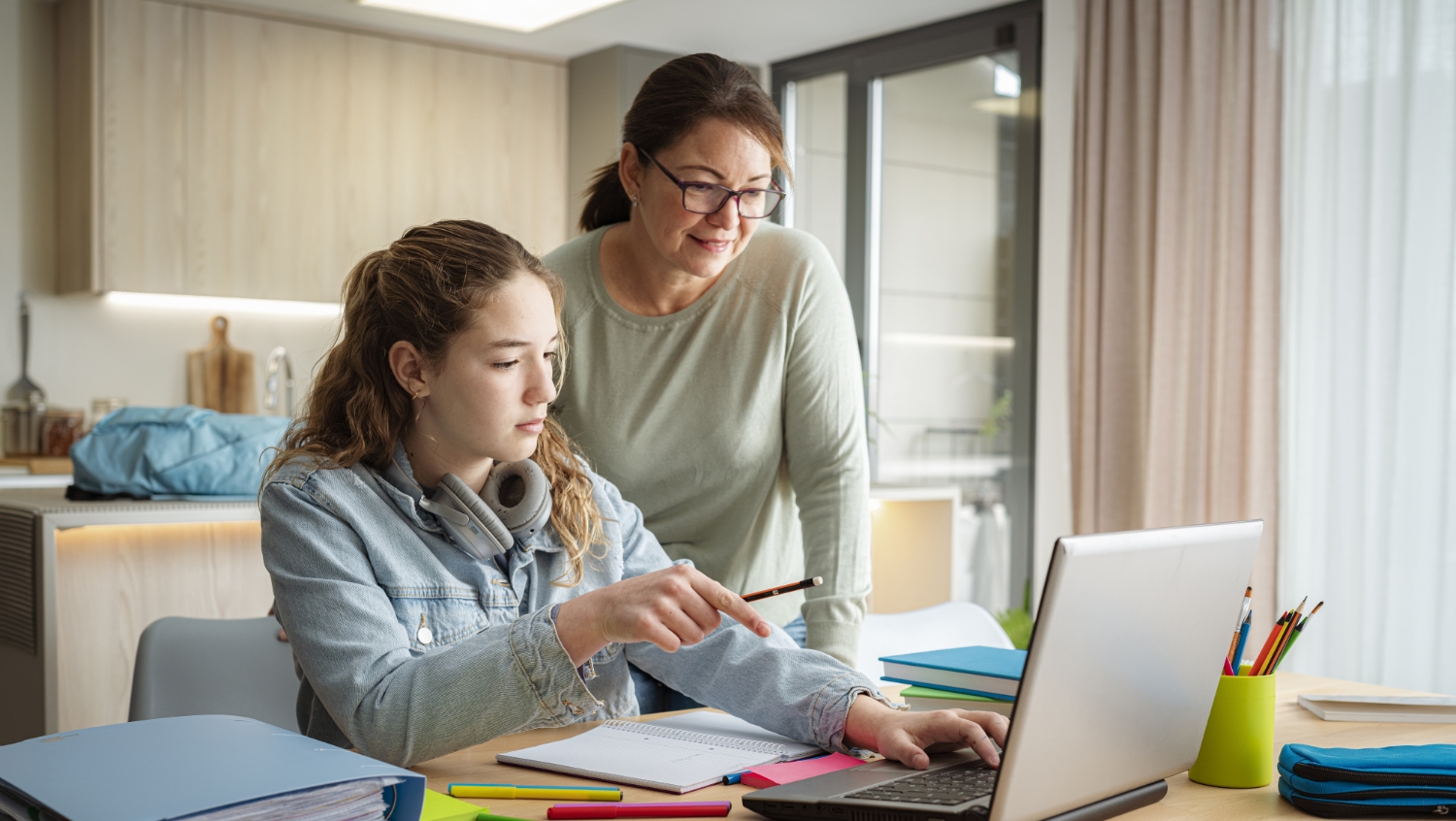Helping pupils find their feet at the start of Year 5 and 6

For many children, the jump into Year 5 or 6 is more than a timetable change – it’s a profound step in their educational journey. These years mark the upper end of primary school, where academic expectations intensify, friendships become more complex, and the distant idea of secondary school begins to feel very real.
While some students find these changes energising and motivating, for others, they can feel overwhelming. Anxiety about fitting in, worries about keeping up with lessons, or frustration with once-easy tasks can emerge. Some children become withdrawn, avoid participation, or display behaviour that signals they are struggling to cope. These early signs of disengagement are often subtle, but they can have lasting impacts on confidence, motivation, and enjoyment of learning.
Recognising these challenges, understanding their underlying causes, and responding with timely support are essential to helping children navigate this critical transition successfully.
The unique challenges pupils in Years 5 and 6 face
For pupils in Years 5 and 6, school can suddenly feel more demanding. Lessons become longer, tasks more complex, and children are expected to apply their knowledge across different subjects. For those who already find reading, writing, or maths difficult, these increased expectations can feel overwhelming. Pupils with special educational needs may also find the pace and structure of lessons stressful, particularly if they struggle to access the content or keep up with their classmates.
Many pupils in Years 5 and 6 also feel pressures that affect how they cope and feel at school. Some experience anxiety about fitting in with peers or meeting expectations, while others struggle with confidence in themselves.
Outside school, changes at home (such as a parent or sibling being unwell, moving to a new house, or adjusting routines) can add to the strain. These emotional and social pressures can make school feel exhausting, even for children who usually enjoy learning, and can affect their motivation, resilience, and overall sense of wellbeing.
A study of 21,000 pupils across Key Stage 2 revealed that, since the pandemic, children’s self-belief has declined significantly: self-efficacy dropped by 18%, resilience by 11%, and motivation by 7%. Pupils are facing the challenge of preparing for secondary school with less confidence and determination than their peers in previous years.
If motivation to learn weakens, children may begin to disengage, and in some cases, this can lead to increased absence from school. Even short periods away can compound challenges, making lessons feel harder to follow and confidence harder to rebuild.
Government figures show that pupils who miss 10% or more of school sessions are far less likely to reach the expected standard in reading, writing, and maths – only 40.2% do so, compared with 83.9% of those who attend every day (DfE, 2023).
While levels of engagement have remained “relatively stable” for Year 5 students in England over the years, enjoyment levels haven’t. According to a UCL study, the number of Year 5 students who strongly agree that they like being in school has dropped from 51% in 2015 to 31% in 2023.
How to support pupils through these challenges
While the pressures facing Year 5 and 6 pupils are significant, timely, targeted support can make a real difference. Children who receive help with both their academic skills and emotional wellbeing are more likely to regain confidence, stay motivated, and approach the transition to secondary school with resilience.
For schools, the most critical step is recognising when a child could benefit from additional guidance or encouragement. Small changes might include a child raising their hand less often in class, hesitating when answering questions, or withdrawing from group activities.
Minor adjustments, such as focused time with a teacher or opportunities to work in a supportive group, can provide pupils with the reassurance they need to participate fully, practise skills, and regain self-confidence.
Working closely with families is a crucial aspect of this approach. Schools can invite parents or carers to share observations about how their child is feeling, coping with homework, or adjusting to routines at home.
Using these insights, schools can tailor interventions to meet the individual needs of each pupil. For example:
- Adjusting lesson content or delivery so the child can access learning at their own pace.
- Offering small-group or one-to-one sessions to practise specific skills, like reading, writing, or maths.
- Integrating social and emotional support alongside academic teaching, helping pupils manage anxiety, build confidence, or develop resilience.
- Planning short-term AP placements where pupils can work in a calmer, structured environment while keeping connections with their class and teachers.
Support should be personalised, timely, and directly linked to the child’s needs, so challenges don’t escalate, and the pupil can continue to progress academically and emotionally.

The Academy21 Key Stage 2 Provision: what we offer
1. DfE-accredited, high-quality education
Academy21 delivers a fully DfE-accredited Key Stage 2 curriculum, designed and taught in line with national standards. Our expert teachers are trained to work with pupils who may be facing vulnerabilities, including social, emotional, or learning needs, and are experienced in delivering online education effectively. Every lesson is carefully planned to balance academic rigour with sensitivity to individual pupil needs.
2. Flexible learning and arrangements
Our provision is designed to fit around existing school timetables and can be adjusted at any time, giving schools complete flexibility. Whether a pupil requires a short-term “circuit-break” placement or extended support for internal AP, we can provide a programme that complements in-school lessons without disruption. Schools have the option to commission support in a way that suits capacity and pupil needs.
3. Small classes and live, adaptive teaching
Lessons are delivered live in small groups of no more than 15 pupils, allowing teachers to provide personalised attention while maintaining interactive engagement. Classes are highly varied and include elements such as circle time, teamwork, movement activities, turn-taking exercises, and opportunities for speaking and listening. This interactive approach helps pupils build confidence, practice social skills, and remain engaged in learning.
4. Integrated academic and wellbeing curriculum
Aside from developing functional skills in reading, writing, and maths, our curriculum also weaves in PSHE, wellbeing, and oracy. These classes are crucial for younger students to start building the social and emotional skills they need to feel confident and ready for secondary school.
5. Structured, consistent, and safe learning environment
Safety and wellbeing are central to our provision. Our robust safeguarding policy operates in conjunction with consistent teacher assignments to Key Stage 2 pupils, enabling us to identify any changes in their wellbeing or welfare. Teachers check in regularly with pupils, and all Academy21 staff are trained in safeguarding under the guidance of our Designated Safeguarding Lead. Schools and parents have complete visibility through our online portal, with lesson-by-lesson updates and attendance reporting to track progress.
6. Support for full reintegration
Our programmes are designed with reintegration in mind. Interventions can be scaled up or down depending on pupil needs, and we work closely with schools to create a personalised plan aimed at fully and successfully reintegrating pupils into mainstream classes.
Supporting pupils through their upper primary years
The leap into upper primary can be exciting, but it’s also a period when many children face real academic, social, and emotional challenges. These years can shape how children experience school for the rest of their educational journey.
Early, sensitive support is key. When pupils receive personalised teaching, consistent relationships, and opportunities to develop both academically and socially, they are far more likely to stay engaged, feel confident, and approach secondary school with a positive mindset.
Academy21’s Key Stage 2 provision offers exactly that: live, teacher-led lessons in small classes, a curriculum that blends core skills with wellbeing, and flexible interventions that respond to each child’s needs.
Contact our team below if you would like to learn more about our Key Stage 2 provision or refer a student.



